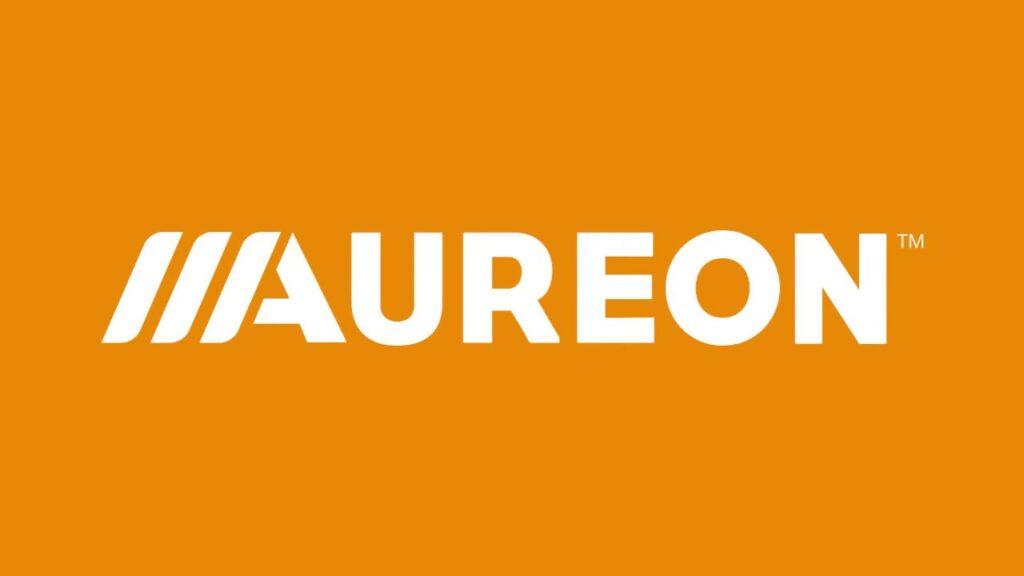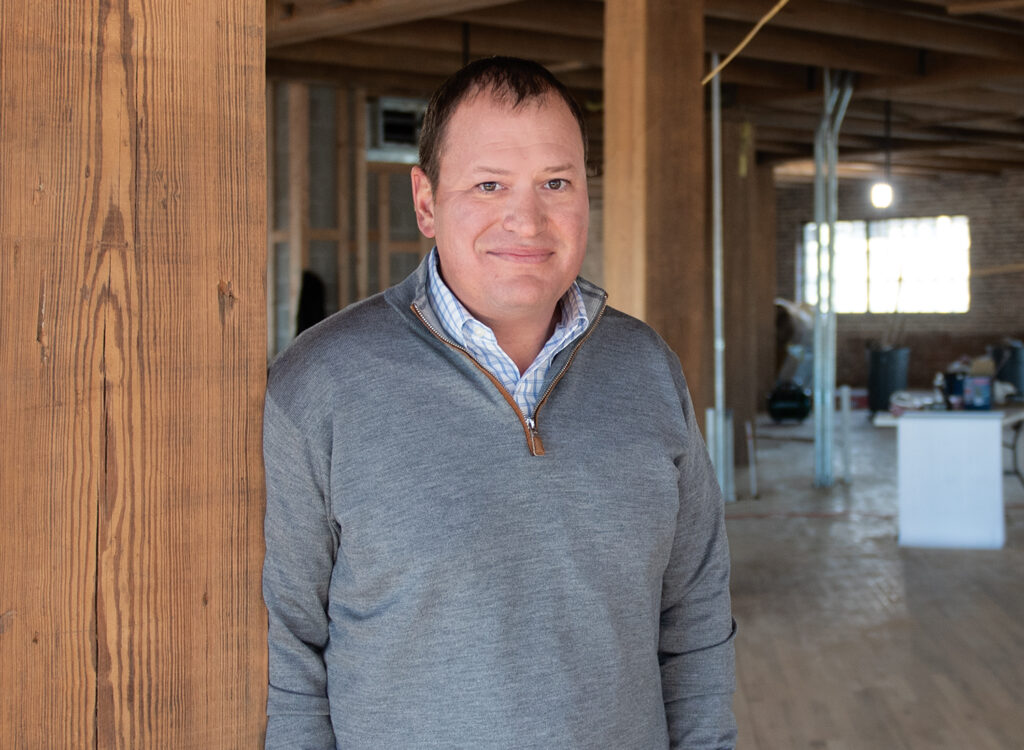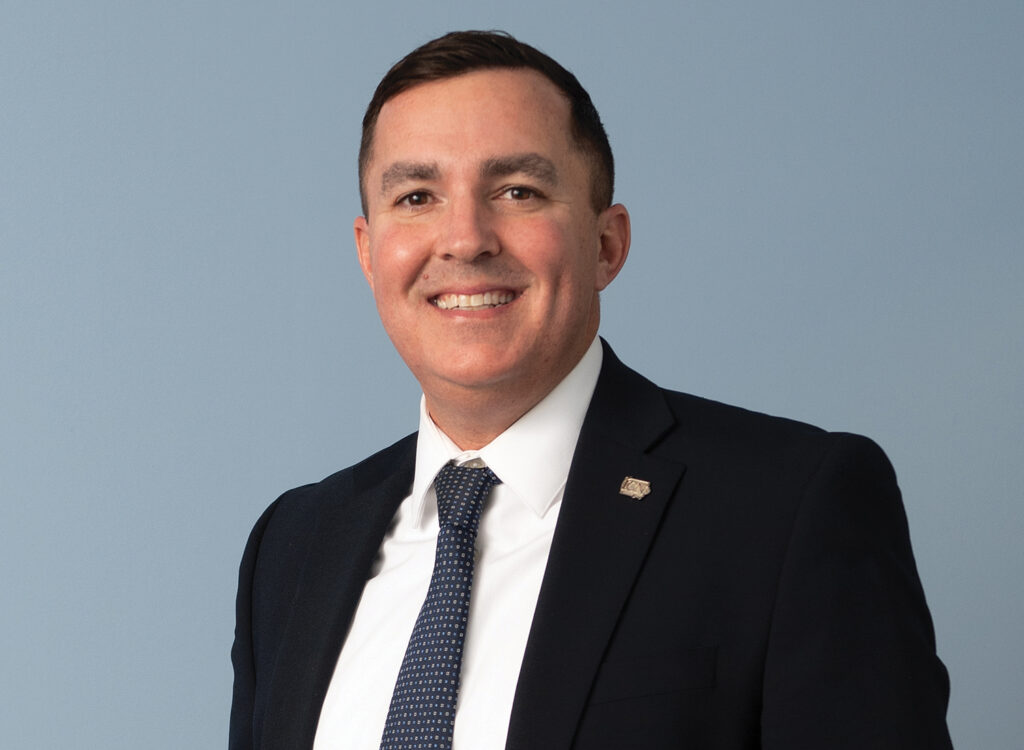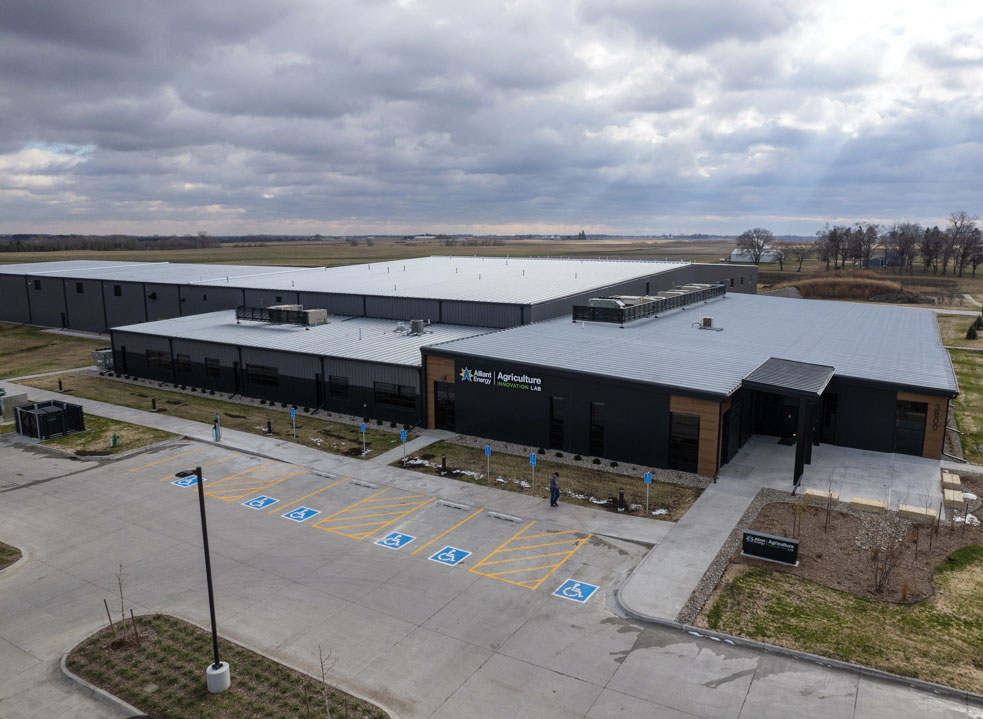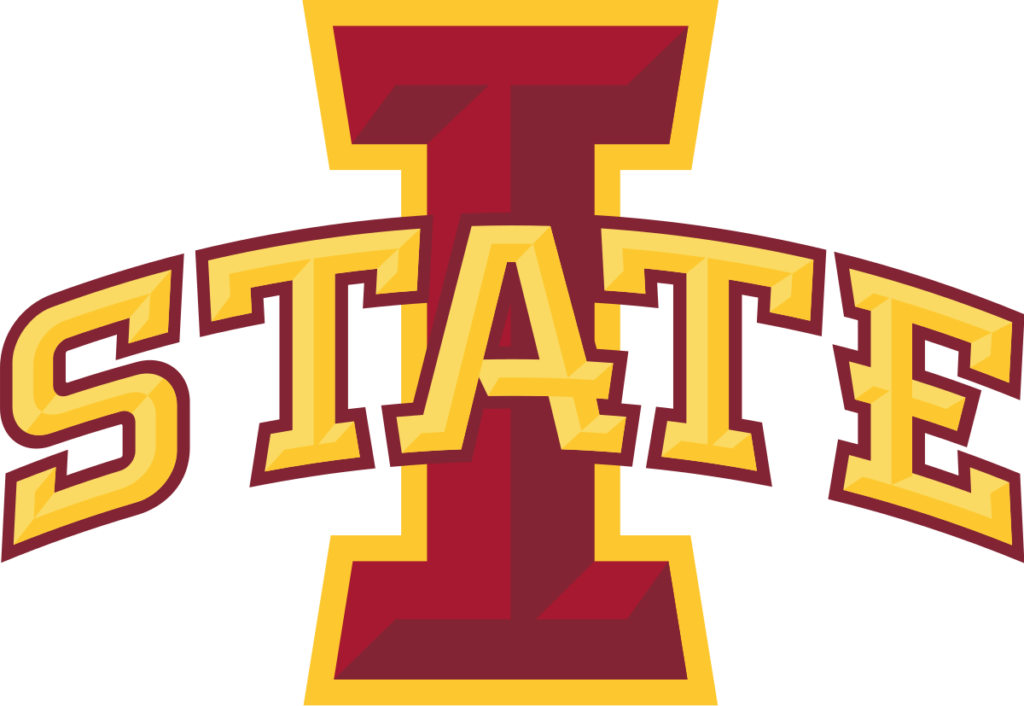A Closer Look: Kerty Levy
Managing director, Techstars Iowa

KATE HAYDEN Feb 5, 2020 | 9:09 pm
5 min read time
1,086 wordsBusiness Record Insider, Innovation and Entrepreneurship
Everywhere that Kerty Levy appears these days, she is talking about Iowa investment.
As an honored speaker at the Technology Association of Iowa’s Catalysts event, Levy noted that only 1.2% of the $117 billion in venture capital for U.S. startups in 2018 was directed at Midwestern startups — and Iowa had to share that slice among the Dakotas, Missouri, Kansas and Nebraska. As an entrepreneur-in-residence and then interim director for the Iowa AgriTech Accelerator, Levy relied on her consultation skills from previous roles to guide agtech startups through the 2019 cohort session.
These days, Levy is guiding the launch of Techstars Iowa, a partnership between the international Techstars network of accelerators and venture capital, and local partner Grinnell College. Techstars Iowa will accept up to 10 startups for the first cohort, which will run from September to December 2020 and award $20,000 in initial investment to each startup.
What was your background leading up to Techstars Iowa?
I’ve been in strategy and general management most of my career. That would include management consulting with the Boston Consulting Group, corporate vice president at Kemin Industries, head of business development at Headlight.com, and head of product management at DigitalThink.com. … Most recently I’ve been an adviser to small businesses, and a coach and a mentor [as] entrepreneur-in-residence with the Iowa AgriTech Accelerator. I then took on the role as interim director of the Iowa AgriTech Accelerator, and the culmination of that is really what led to me to step up as the managing director of Techstars Iowa.
How did you transition from companies like Boston Consulting and Kemin into a career focus on startups?
With the Boston Consulting Group, it was problem-solving. Companies come to you with issues they need to figure out — how to do something better, how to enter a new market or do something more efficiently. It’s the same thinking process. … All of that is related to startup work, certainly, and it’s all strategy. Then with general management, it’s really around management of both team goals … getting results that you’re looking for, coaching team members to achieve what they need to achieve. Those are the same skills in startups. The difference being, startups have this added layer of where the funding is coming from.
What attracted you to the Techstars Iowa role?
Techstars is the worldwide network that helps entrepreneurs succeed. In that is … being a coach, expanding their networks, helping them solve problems — I love that. That’s what I do day in and day out, so that’s what I really enjoy doing. It really is a worldwide vision of helping entrepreneurs succeed.
I’ve met with many managing directors at different meetings, so we’re connected through all the ways you can connect. We share information with each other, we call each other and say, “Hey, I’ve got some companies that would be interested in meeting you.” We learn different, better ways of coaching. … We’re also sharing best practices.
That’s just for me. For the startups themselves, it’s all part of the worldwide network. It’s a warm introduction to basically anyone in the world who fits with what that startup needs.
What’s the best piece of advice or feedback you’ve received since starting this role?
From people who are in Iowa, they’re very excited. We know what a great startup community we have and what fantastic entrepreneurs we have, and the potential here is excellent. I think generally the startup community has been very welcoming and excited that Techstars is saying, “This is a place we really want to grow.”
We want to encourage Iowa companies to apply, but we’re going to have companies from all over [at Techstars Iowa]. I think having a diversity of thought and a diversity of ideas, diversity of background and the experiences of founders … this is a wonderful place to do it. Iowa is really welcoming to that.
How is Techstars integrating with the existing startup community in Iowa?
Techstars really promotes the concept of “give first.” I would say most accelerators operate that way, certainly the ones here in Iowa. We all want entrepreneurs to succeed, and we’re trying to build an ecosystem here that works — whether it’s someone who has a brand-new idea, maybe straight out of school, [or] someone leaves a company or leaves a university to start something new, or maybe companies that have traction. They are all looking for the next opportunity to grow, and I think that’s something we’re working collectively on together.
What are your goals for the next year?
I really want to make an impact on the community and work with other members of the startup community to attract investors. People at venture capital organizations from both coasts are starting to peek at Iowa, and I think it’s a really big opportunity to let them in and encourage them to look at some of the companies here and start investing.
I also want to encourage companies who come through the accelerator to really realize their vision … to help these companies really see how they can make that idea into a reality in a very big way.
What needs to happen in Iowa for venture capitalists to bring consistent capital opportunities to the state?
I think we need to give them reasons to visit. There’s a lot of work going on right now in collaboration around events to try to bring resources together and pool our networks — to bring people here for specific events such as Monetery or other things like that.
I’ve met so many founders in the last three years in Iowa. They’re incredible, and I think being able to share the network across all of those founders is really going to be valuable.
What have you been reading/watching/listening to?
Every time there’s a new [episode] of this I put it on and I go for a run. That’s “How I Built This” — I love those stories. A colleague of mine named Amos Schwartzfarb wrote “Sell More Faster,” and I think it’s a fantastic book. It’s a lot of the concepts that we all understand in the accelerator world, but he puts it together in such a great way, saying, “hese are the questions that you really need to ask yourself to find the right product-market fit.” That way, you’re selling to people who are going to buy immediately, versus selling to people … where there’s something that doesn’t connect. He does a great job summarizing that.




